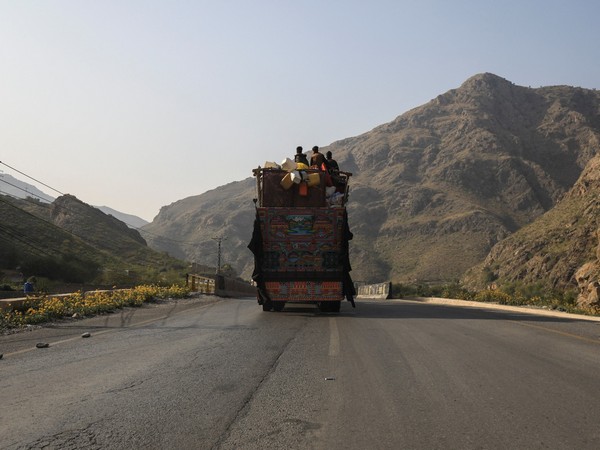
New Delhi: In a development that has sent shockwaves through the trade routes between Afghanistan and Pakistan, a significant number of trucks and cargo vehicles find themselves stranded at the Torkham border crossing. This predicament arose after Pakistan, on January 13, implemented stringent measures requiring Afghan drivers to possess valid passports and visas to enter the country.
However, the Torkham border is set to reopen soon with a relaxed travel document requirements starting until March 31, 2024, as reported by The Express Tribune.
Pakistan and Afghanistan agreed on the deal after a delegation of Afghan transporters and Chamber of Commerce representatives held a meeting with Pakistan trade officials at the embassy in Kabul and requested the reopening of the border for the second time in as many days, The Express Tribune reported.
Pakistan has now accepted the request from Afghanistan and granted a relaxation until the end of March for drivers.
The Federal Government of Pakistan had introduced the Border Management policy in 2016, which stipulated that only individuals with passports and valid visas could travel through the Torkham border crossing. However, the practical implementation of this policy at the Afghanistan-Pakistan border did not materialize until January 2024. Consequently, Afghan drivers lacking passports are now prohibited from entering Pakistan through this crucial crossing.
The decision by Pakistan to enforce these measures has drawn criticism from Taliban authorities who view it as a hastily made unilateral decision adversely affecting the livelihoods of people on both sides of the border. The repercussions of this action are vividly evident as hundreds of goods-laden trucks remain stranded on the Afghan side of the border due to the stringent implementation of these new regulations.
In response, Taliban authorities have reciprocated by preventing Pakistani cargo vehicles from entering Afghanistan. Despite talks between Taliban and Pakistani officials, an agreement to reopen the Torkham border crossing, the busiest between the two nations, remains elusive.
The closure of the Torkham border crossing has far-reaching economic consequences. Many of the stranded trucks are carrying perishable goods such as oranges, tangerines etc. and would be a big loss for the traders and the farmers. The functioning of the Torkham border has increasingly becoming unpredictable for the traders/businessman on both sides. This has affected the forward and backward linkages connected with this trade, resulting in substantial commercial losses for both countries. With Pakistan’s economy on the verge of collapse, this action by Pakistani authorities would further weaken their fragile economy.
Further, truckers stranded at the border are facing dire circumstances, lacking food and water for basic needs.
The impact of Pakistan’s measures extends beyond Torkham, as Islamabad has also closed the minor border crossings of Dand-e Pathan and Kharlachi, Ghulam Khan. Additionally, Angor Adda and Chaman, the second-largest border crossing, have been closed for over two months.
The recent closure of the Torkham border crossing follows the visit of Pakistani Islamist politician Maulana Fazlur Rehman to Kabul. The weeklong visit aimed to mend strained ties between the two nations and included a meeting with the Taliban’s supreme leader, Haibatullah Akhundzada. However, nothing much has progressed subsequent to this visit, showing the strong distrust brewing between both neighbours.